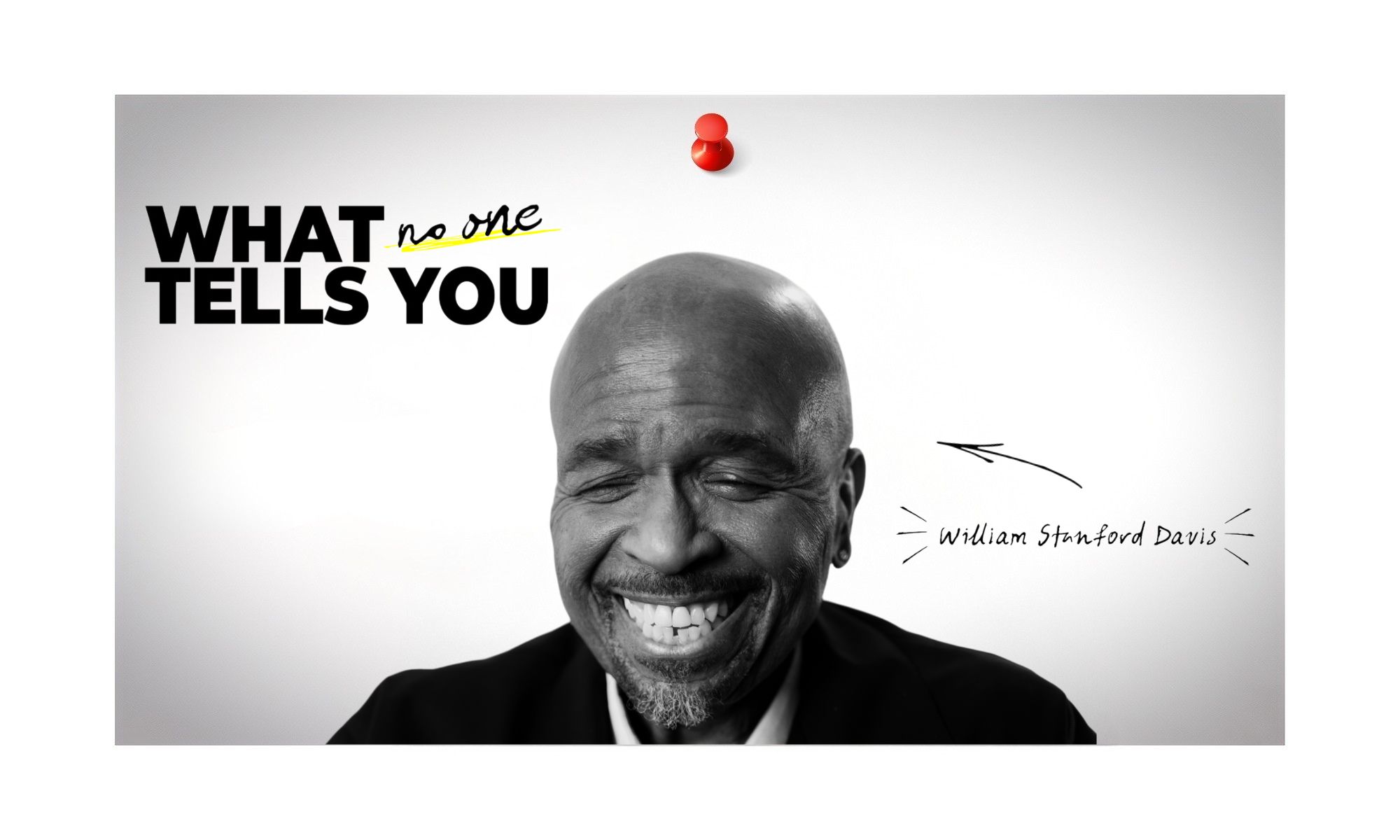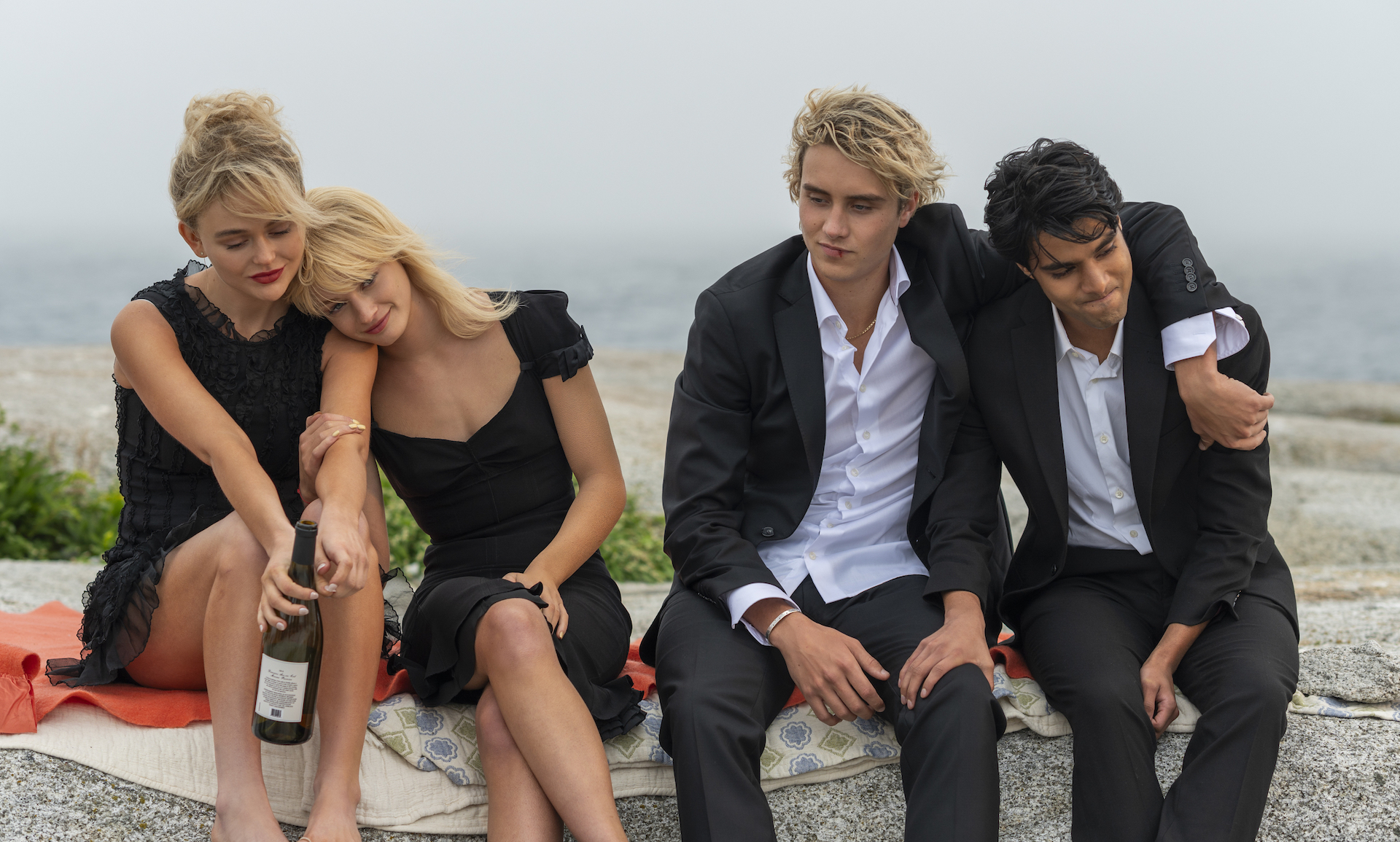While the classic ’80s sitcom “The Golden Girls” has amassed a large gay following, former writer Stan Zimmerman said that the set itself was not as open as some might assume. One co-worker even told Zimmerman to burn thrifted sweaters from a garage sale because they had probably belonged to “somebody that died of AIDS.” But the writer — who later worked on “Gilmore Girls” — said that was just “the climate then.”
“I know you see all these progressive scenes and you think, ‘Oh, it was one big gay party there,’ but we couldn’t be who we really were,” Zimmerman explained during a Pride LIVE! Hollywood panel (via The Hollywood Reporter). He said that their representatives even advised them to stay in the closet. But he added there was one titular “Golden Girls” gay crew members couldn’t fool.
“Our first day on the set, we noticed Estelle [Getty] come running toward us, and she’s like … ‘I know. Your secret’s safe with me. You’re one of us.’ I thought she meant Jewish,” he laughed. “But she meant gay. She wasn’t gay, but she was probably the first ally ever.” Getty was already deeply entrenched in the queer community, having played Harvey Fierstein’s mother in Broadway’s “Torch Song Trilogy,” the landmark play (and later film) about a gay, Jewish drag performer.
Bea Arthur, too, seemed to have a finely tuned queer radar. Script supervisor Isabel Omero would later come out as transgender decades later, and at one point during the show’s long run Arthur offered Omero a sari she had received on a trip to India.
“In my closeted, panicked, paranoid brain, all I knew is that at that moment Bea Arthur was offering me a dress to wear around the house, and I wish I had been in a place where I could have said something, to even accept the gift without ever using it, just so I could express something to someone,” Omero said during the panel. “But fear and shame is a big thing.”
Despite the secrecy of the era, co-producer Jim Vallely said that the series’ production team was aware of its large gay following. Several episodes addressed queer issues, including a two-episode arc where Blanche’s (Rue McClanahan) brother came out and — in an especially progressive moment — married his partner. “I think [we did the episodes] because we knew… we had a gay audience,” Vallely said. “They would play [the show] in [gay] bars across the country.”
“The Golden Girls” is currently streaming on Hulu and Disney+.



